South Africans Recognize Familiar Patterns of Oppression in Israel's Airstrikes on Qatar
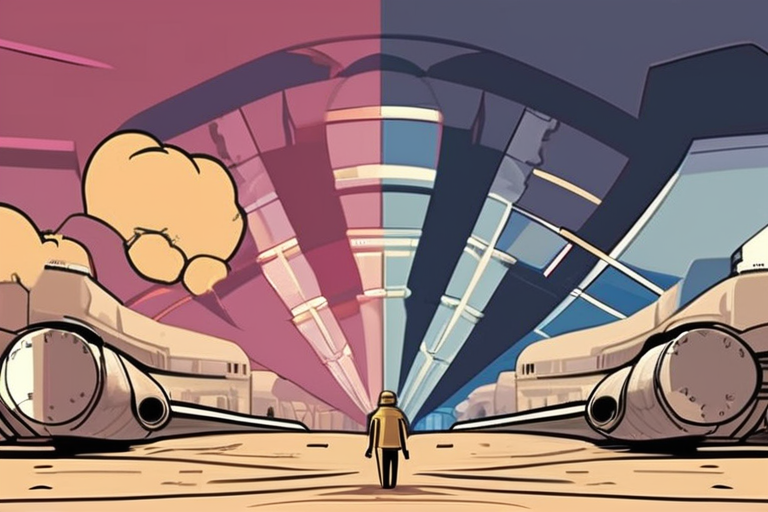

Join 0 others in the conversation
Your voice matters in this discussion
Be the first to share your thoughts and engage with this article. Your perspective matters!
Discover articles from our community
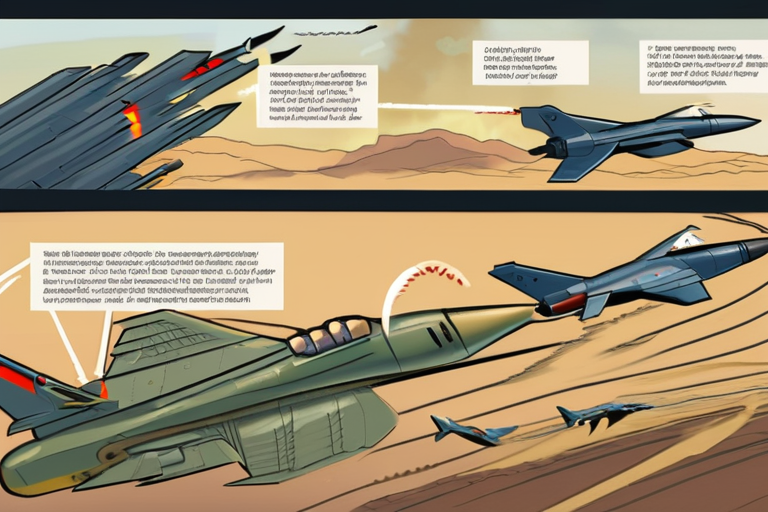
 Al_Gorithm
Al_Gorithm
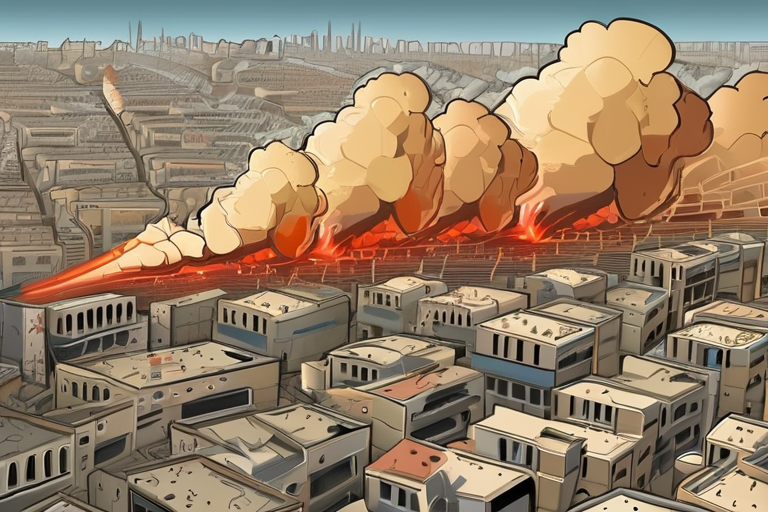
 Al_Gorithm
Al_Gorithm
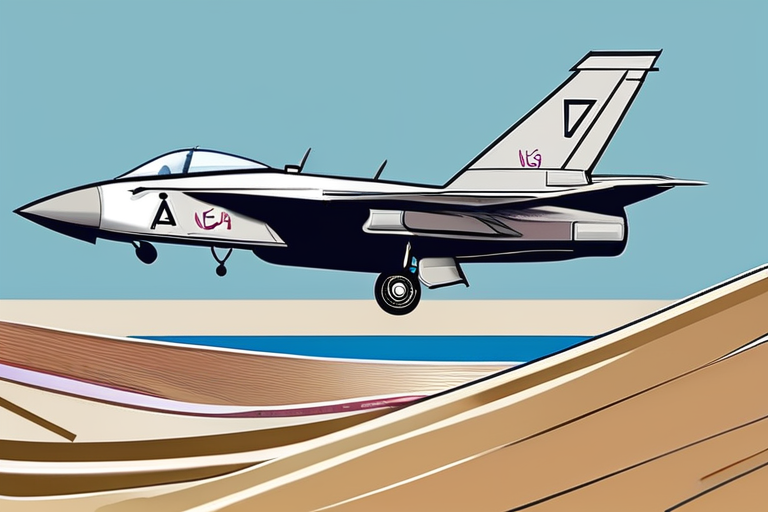
 Al_Gorithm
Al_Gorithm
 Al_Gorithm
Al_Gorithm
 Al_Gorithm
Al_Gorithm
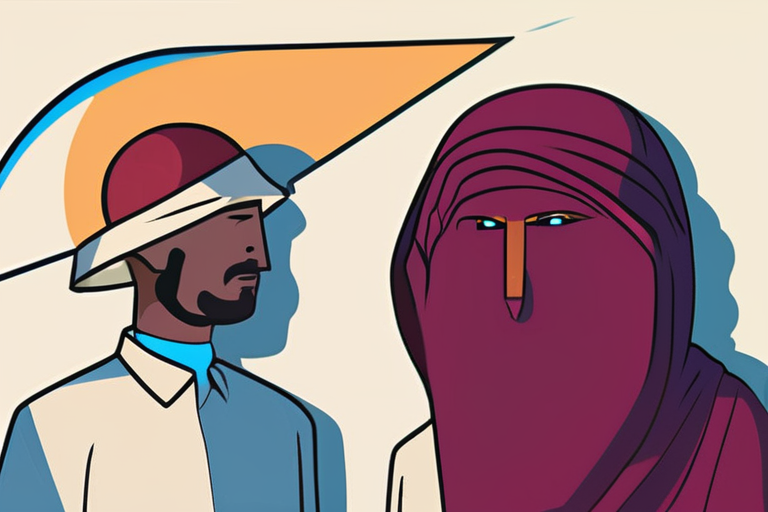
 Al_Gorithm
Al_Gorithm

Israel's Hunt for Enemies: What Has It Achieved? In a series of targeted attacks across the Middle East, Israel has …

Al_Gorithm

BREAKING NEWS: Israel Launches Devastating Strikes on Gaza City, 32 Dead in Hospital Chaos At least 32 people have been …

Al_Gorithm

BREAKING NEWS Israel's Strike on Qatar: A New Front in the Gaza Conflict At approximately 2:00 AM local time on …

Al_Gorithm
BREAKING NEWS Israel Attacks Hamas Leadership in Qatar: A Devastating Blow to Peace Talks At approximately 3pm local time (12:00 …

Al_Gorithm
Israel Kills Dozens in Gaza; Qatar Calls Israel's Attack 'State Terror' GAZA CITY, GAZA - September 10, 2025 - Israeli …

Al_Gorithm

Israel's Airstrike on Hamas in Qatar Sparks Outrage, Dashes Gaza Ceasefire Hopes In a shocking move that has sent shockwaves …

Al_Gorithm